Articles related to Social Media

Improved Image Handling
Update 1.2 for iA Presenter's first birthday
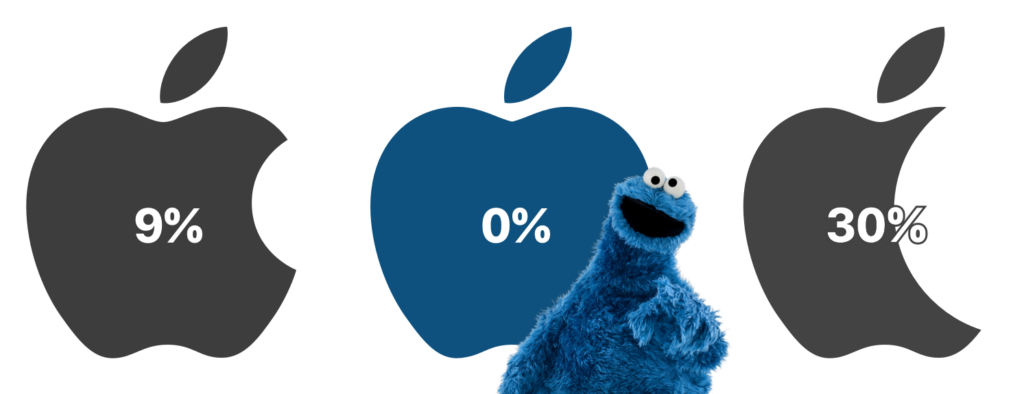
Facebook avoids the Apple Tax…
...while small devs get milked

The Nice Place
What can you do in 2019 to get the word out?

Ethics for Designers
There is a connection between good and beautiful.
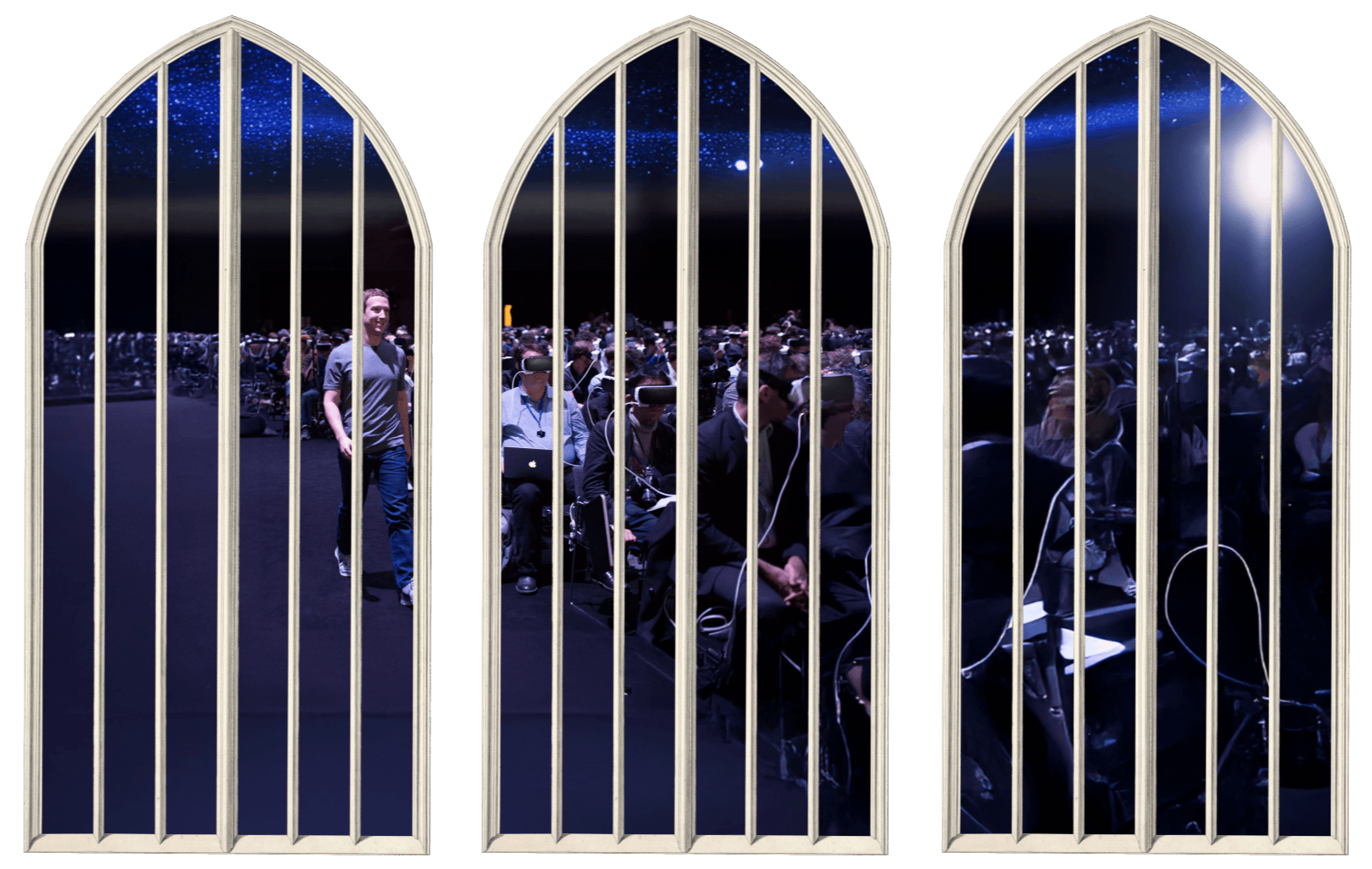
Take the Power Back
Let's move from passive to active

Computer Poetry
Every time we read a computer-generated text, part of our life gets sucked into a little black electric hole
Twitterror
How do you deal with erroneous tweets?
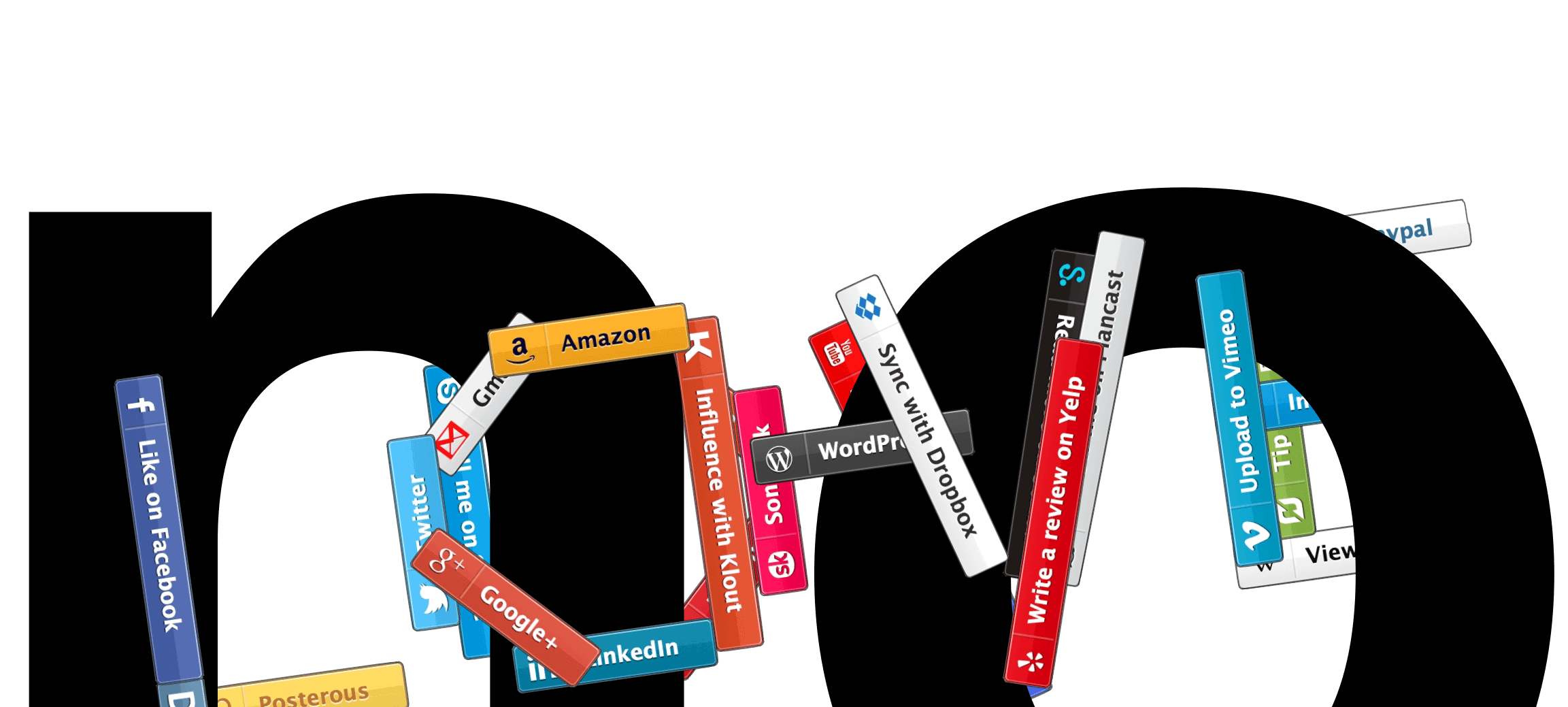
Follow-up to “Sweep the Sleaze”
We are onto something

Sweep the Sleaze
Do social media buttons actually work?
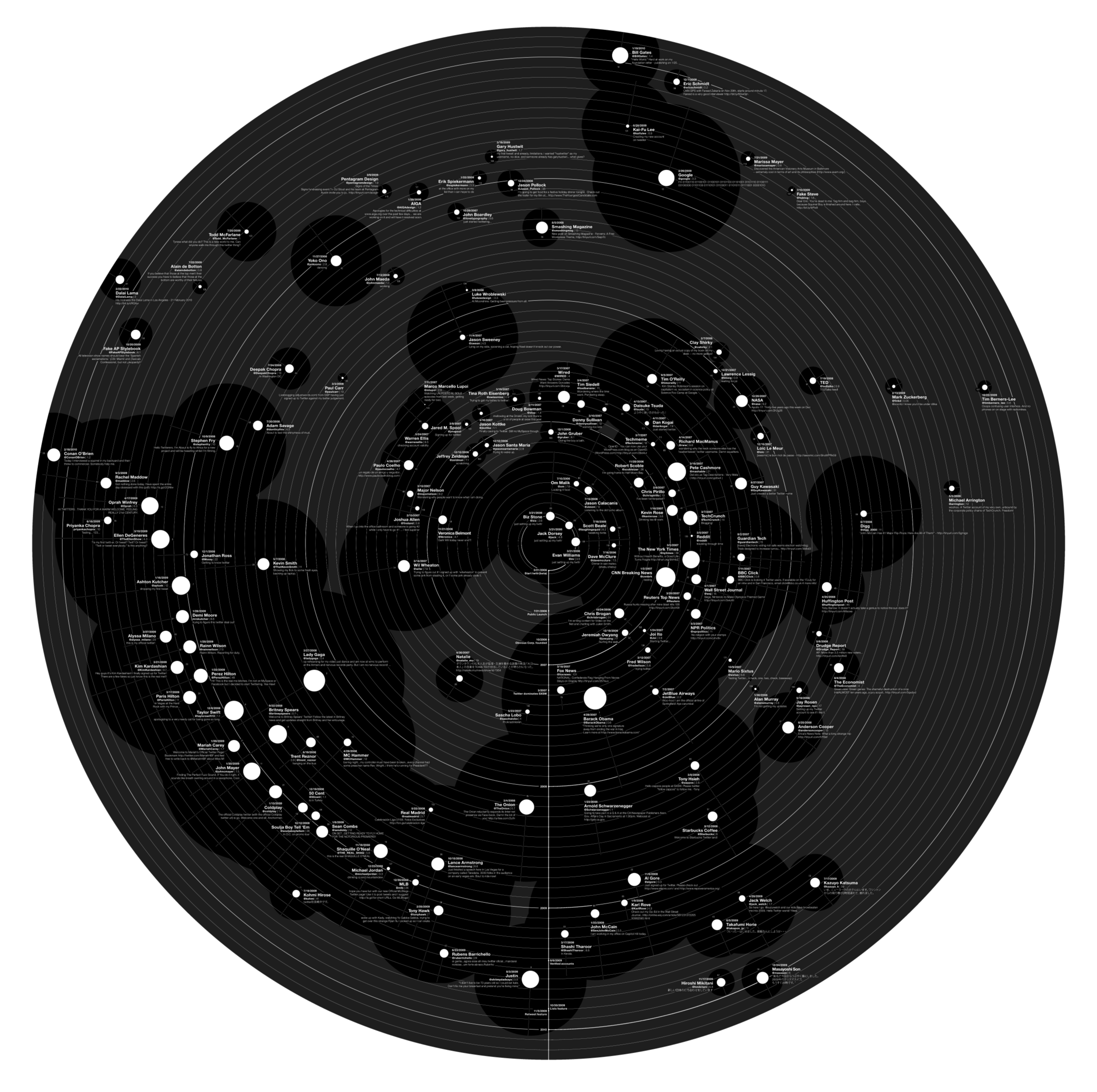
Cosmic 140
Art for Geeks

Cosmic 140
Per Anhalter durch die Twitter Galaxis

Our Next Trend Map
Meet the Cosmic 140

Social Media Marketing?
Kaboom, Baby!
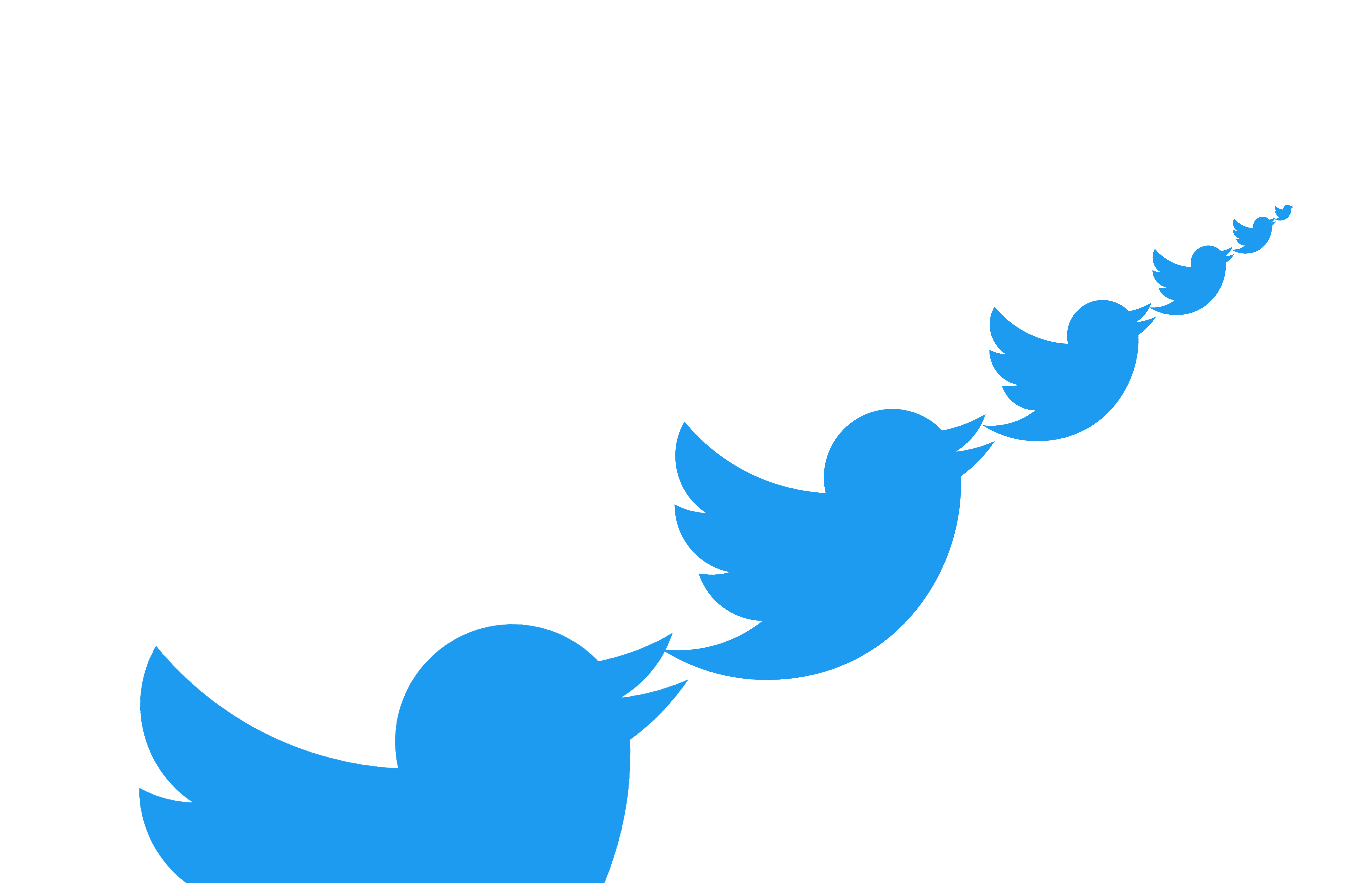
New and Dirty
Tweet Blogging
The Age of Digital Baroque
After all, blogging is over now, isn't it?
Data Gourmet
Bon appétit
Use Your Real Name When You Comment
If you're our guest, act like a guest
Predictions for 2008
Don’t take this too seriously
Looking Back on 2007
And a summer of love it was

Understanding New Media
Engage in its dialogue

